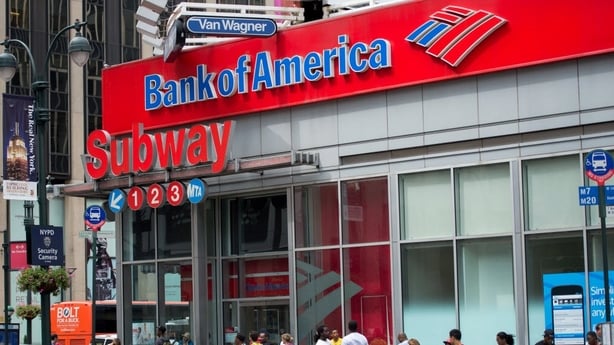The US Treasury Department unveiled a sweeping plan last night to upend the country's financial regulatory framework, which, if successful, would grant many items on Wall Street's wishlist.
The nearly 150-page report suggested more than 100 changes, most of which would be made through regulators rather than Congress, Treasury Secretary Steven Mnuchin said.
"We were very focused on, what we can do by executive order and through regulators," he said.
"We think about 80% of the substance in the report can be accomplished by regulatory changes, and about 20% by legislation," he stated.
Republican President Donald Trump has gradually been nominating heads of financial agencies to carry out his agenda, but only Mnuchin and Securities and Exchange Commission Chairman Jay Clayton have been approved by Congress.
Other agencies are operating under "acting" chiefs or have leaders appointed by Trump's Democratic predecessor, Barack Obama.
Changes proposed by the Treasury Department include easing up on restrictions big banks now face in their trading operations and lightening the annual stress tests they must undergo.
The Treasury also wants to reduce the powers of the Consumer Financial Protection Bureau (CFPB), which has been aggressively pursuing bad behaviour by financial institutions.
The plan would also expand the authority of the Financial Stability Oversight Council, which is chaired by Mnuchin, and change the way global capital standards are implemented to give US banks a leg up against foreign rivals.
Smaller banks would get some relief as well - lenders with $50 billion or less in assets would have to jump through fewer regulatory hoops than rivals with multitrillion-dollar balance sheets.
The industry has long sought many of the proposed changes, which would mostly benefit banks like JPMorgan Chase, Bank of America, Citigroup, Wells Fargo, Goldman Sachs Group and Morgan Stanley.

Industry trade groups applauded the proposal, though some said they wished there were more specifics on tricky questions, such as what level regulators should set for banks' assets before subjecting them to stricter rules.
But reform advocates and Democratic lawmakers were quick to criticise the plan as a handout to Wall Street and a dangerous one for US consumers who lost homes and jobs during the 2007-2009 financial crisis.
Mnuchin said the regulatory overhaul is needed to grow the economy, give consumers more choices and ensure US taxpayers would not have to bail out big banks again.
While the Trump administration has said it wants to protect consumers, existing rules limit their access to loans and investment products they want.
By trying to make many of the changes through regulatory agencies, the Trump administration may avoid a lengthy and perhaps futile battle with Democratic lawmakers.

